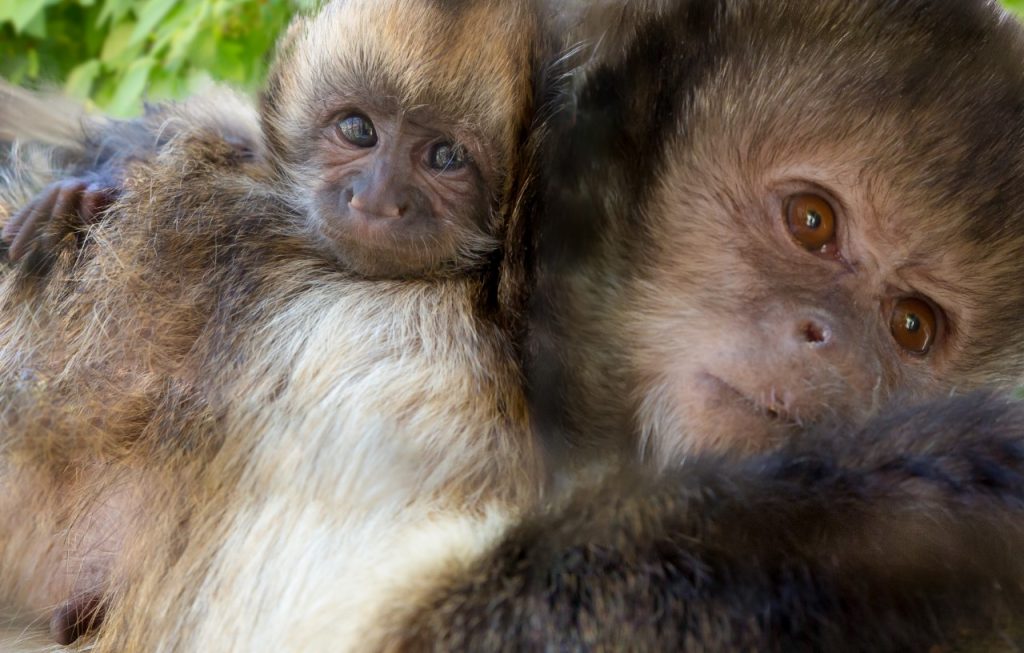Fecal microbiota transplants modulate the gut microbiome of a two-toed sloth (Choloepus didactylus)
Citation
Thacher PR, Kendrick EL, Maslanka M, Muletz?Wolz CR, and Bornbusch SL. 2023. Fecal microbiota transplants modulate the gut microbiome of a two-toed sloth (Choloepus didactylus). In Brooks M, Fidgett A, Kendrick E, Treiber K Eds. Proceedings of the Fifteenth Conference on Zoo and Wildlife Nutrition, Zoo and Wildlife Nutrition Foundation and AZA Nutrition Advisory Group, Hybrid.
Abstract
The microbes inhabiting an animal’s gastrointestinal tract, collectively known as the gut microbiome, are vital to animal health and well-being. For animals experiencing gut distress or infection, modulation of the gut microbiome via fecal microbiota transplant (FMT) provides a possible disease prevention and treatment method. The beneficial microbes present in the donor’s transplanted feces can help combat pathogens, assist in digestion, and rebalance the recipient’s microbiota. Investigating the efficacy of FMTs in animal health is a crucial step toward improving management strategies for species under human care. We present a case study of the use of FMTs in a two?toed sloth experiencing abnormally large, clumped, and frequent stools. We used 16S rRNA amplicon sequencing of fecal samples to (a) compare the microbiomes of the FMT donor, a healthy, cohoused conspecific, and the FMT recipient and (b) assess the influence of multiple rounds of FMTs on the recipient’s microbiome and stool consistency and frequency over time. In response to the FMTs, we found that the recipient’s microbiome showed trends toward increased diversity, shifted community composition, and altered membership that more resembled the community of the donor. While the initial FMT treatments resulted in temporary alleviation of the recipient’s abnormal bowel movements, continuation of the treatments permanently resolved the issue as of the time of this publication. These results suggest a broader impact on microbial and gut health. Our results provide valuable preliminary evidence that FMT treatments can augment the recipient’s gut microbiome, with potential implications for animal health and management.
 37_Thacher.pdf 79 KB
37_Thacher.pdf 79 KB








